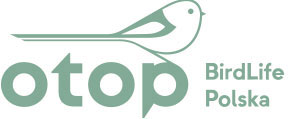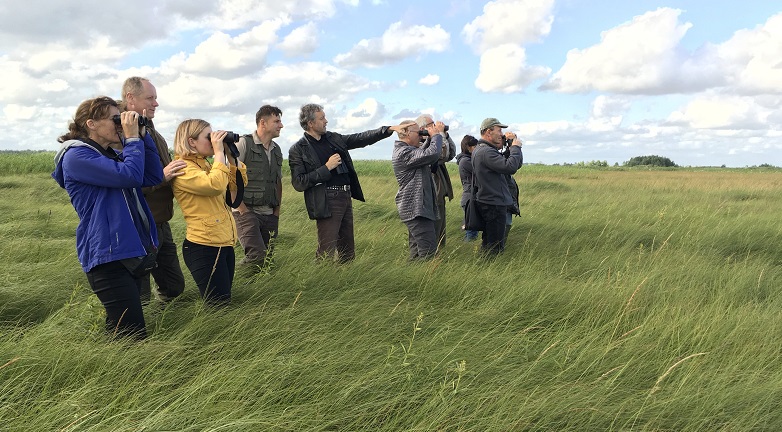Experts met to discuss new method for aquatic warbler survival

Sezon Spring Alive w Polsce za nami!
7 lipca 2017
Komisja Europejska złożyła do Trybunału wniosek o natychmiastowe zatrzymanie cięć w Puszczy Białowieskiej
13 lipca 2017The beginning of July could symbolically be called a new beginning for aquatic warbler conservation. Experts from 6 countries met in Zuvintas (Lithuania) to discuss practicalities of a new method for aquatic warbler conservation – translocation.
„We have plenty of good-quality habitats with a great potential to provide home for this rare bird, like territories here, in Zuvintas, but the number of aquatic warblers is much lower. In some areas the population is so small that it could not recover itself naturally. If this new method of translocation would be successful, it could change the complete strategy of aquatic warbler conservation” – says Martin Flade, the Chairman of International Aquatic Warbler Conservation Team (AWCT).

During a currently running LIFE project, it is planned to transfer 100 aquatic warbler juveniles from huge meta-population in Belarus (Zvanets) to a small population in Lithuania (Zuvintas).
„The main goal would be to test the technique that later on could help to save other small populations in other countries,” – says Zymantas Morkvenas, director of Baltic Environmental Forum Lithuania and project manager of the LIFE project.

During the meeting experts shared their experience and newest knowledge, agreed on a methodology of translocation and discussed communication of this conservation action. Participants had a chance to visit the sites, were translocation (release of the birds) will be implemented.

Participants of the meeting included representatives of International Aquatic Warbler Conservation Team (AWCT), Royal Society for the Protection of Birds (RSPB), University of Cambridge, Polish Society for the Protection of Birds, Greifswald University, „Earthmind”, Ministry of Environment of the Republic of Lithuania, Zuvintas biosphere reserve directorate, Baltic Environmental Forum Lithuania.
More about the currently running LIFE project: www.meldine.lt/en


